So we beat on, boats against the current, borne back ceaselessly into the past
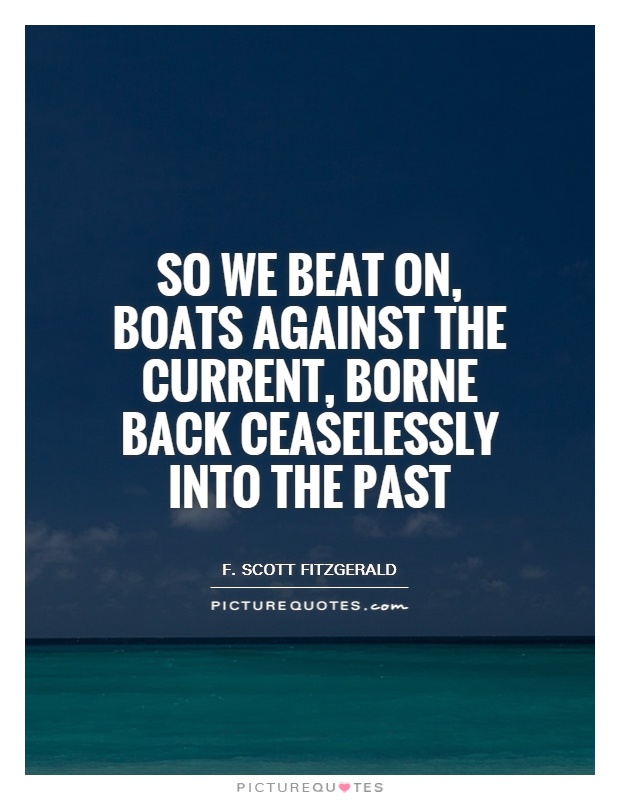
So we beat on, boats against the current, borne back ceaselessly into the past
F. Scott Fitzgerald's iconic line, "So we beat on, boats against the current, borne back ceaselessly into the past," from his novel "The Great Gatsby," encapsulates the central theme of the novel and reflects the author's own struggles with the passage of time and the inevitability of change.The metaphor of boats against the current represents the characters in the novel, particularly Jay Gatsby, who are constantly striving to move forward and achieve their dreams, but are ultimately hindered by the forces of the past. Gatsby, in his pursuit of wealth and status, is constantly trying to recreate the past and win back the love of Daisy Buchanan, but he is ultimately doomed to fail as he is unable to escape the consequences of his actions and the passage of time.
Fitzgerald himself was no stranger to the idea of being borne back into the past. Throughout his life, he struggled with his own personal demons and the changing social landscape of the 1920s. His own experiences with love, loss, and the pursuit of the American Dream are reflected in the characters and themes of "The Great Gatsby."
The line also speaks to the cyclical nature of time and the idea that history repeats itself. The characters in the novel are trapped in a never-ending cycle of desire, betrayal, and disillusionment, mirroring the larger societal issues of the time. Fitzgerald uses this repetition to highlight the futility of trying to escape the past and the inevitability of being pulled back into it.
Overall, Fitzgerald's line serves as a poignant reminder of the power of the past to shape our present and future. It is a reflection on the human condition and the struggle to move forward in the face of overwhelming obstacles. As we continue to beat on, like boats against the current, we are reminded of the fragility of our dreams and the enduring power of the past.
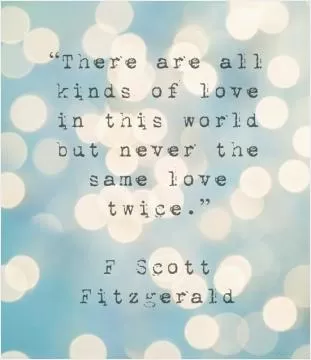

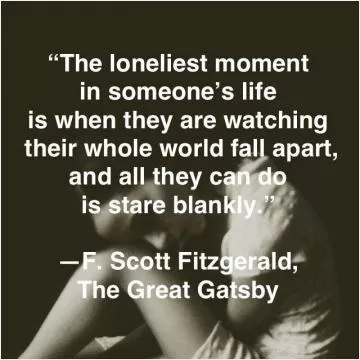
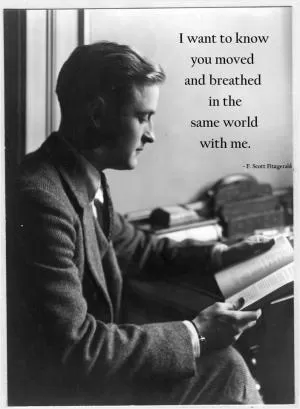


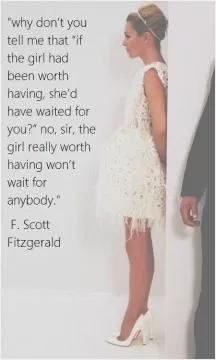

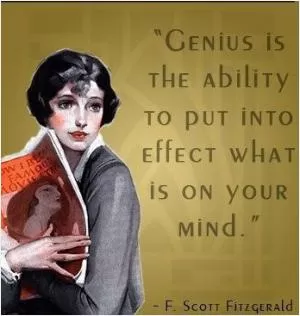

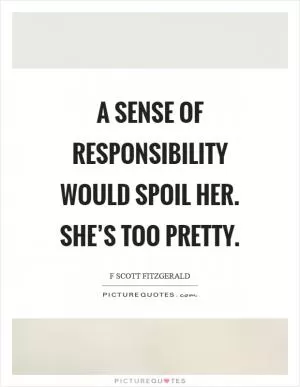

 Friendship Quotes
Friendship Quotes Love Quotes
Love Quotes Life Quotes
Life Quotes Funny Quotes
Funny Quotes Motivational Quotes
Motivational Quotes Inspirational Quotes
Inspirational Quotes